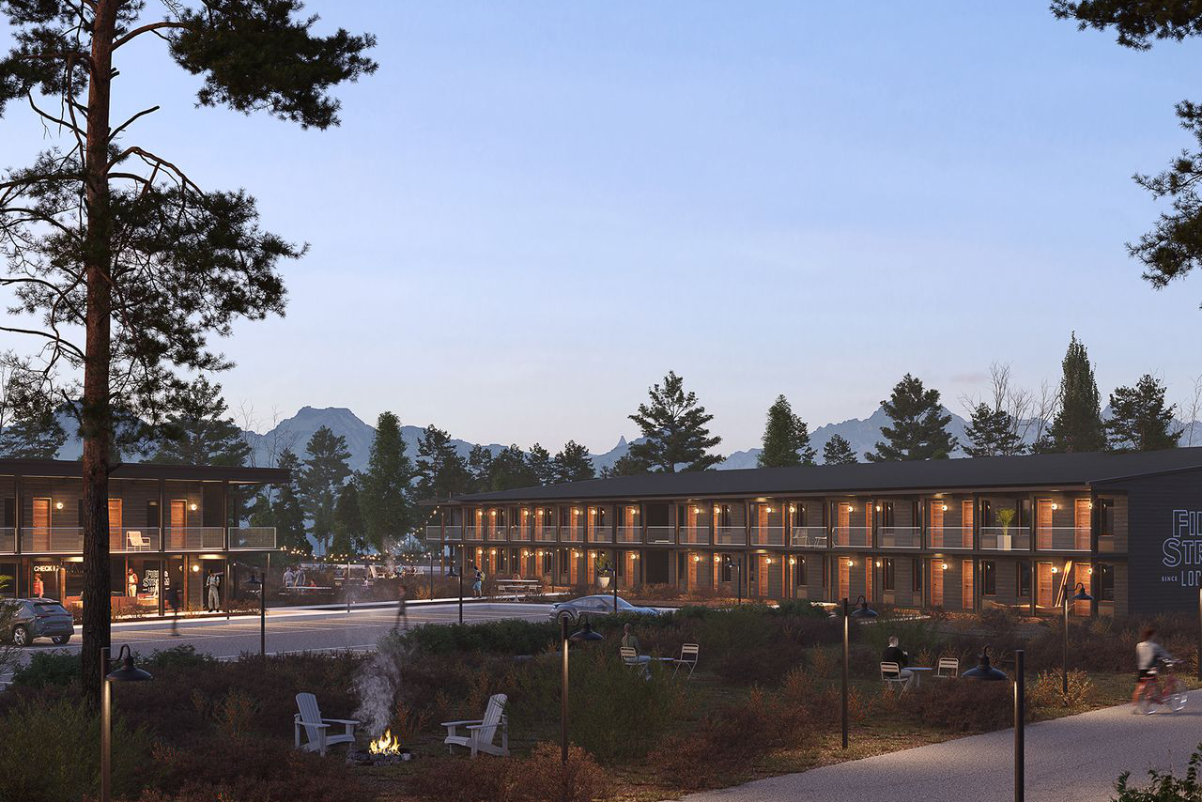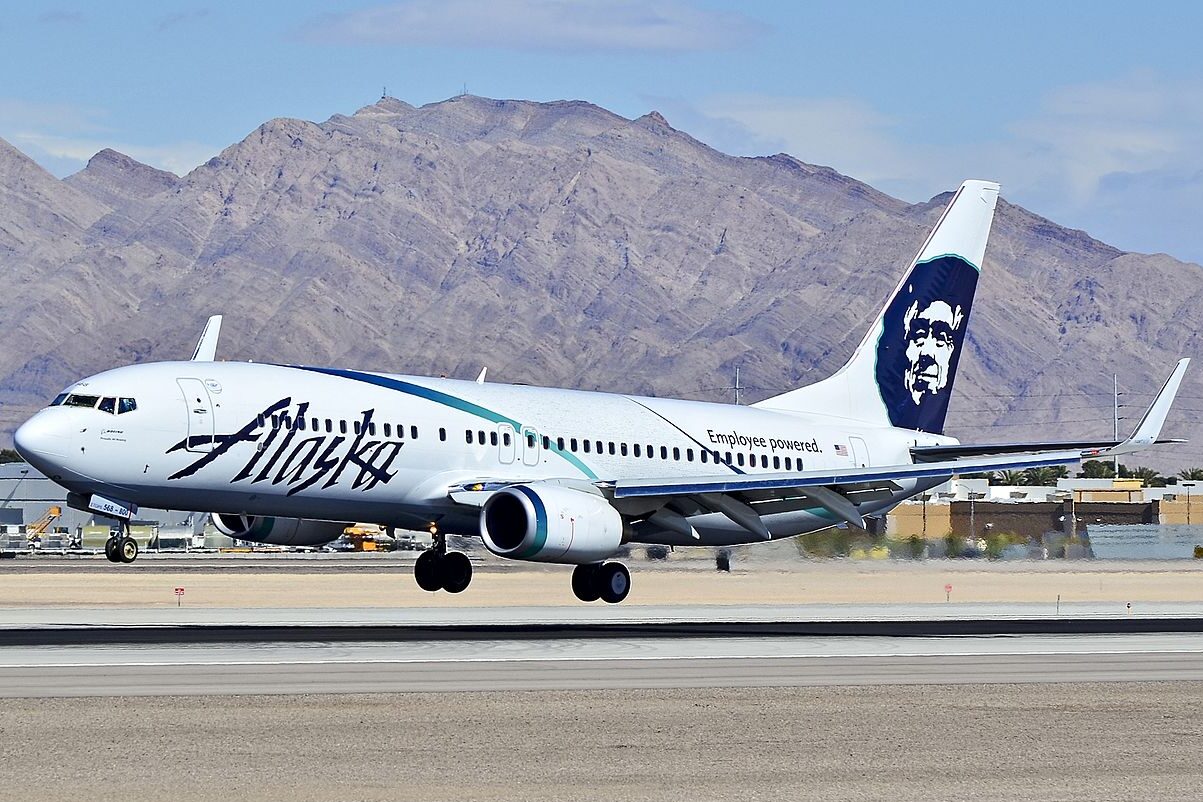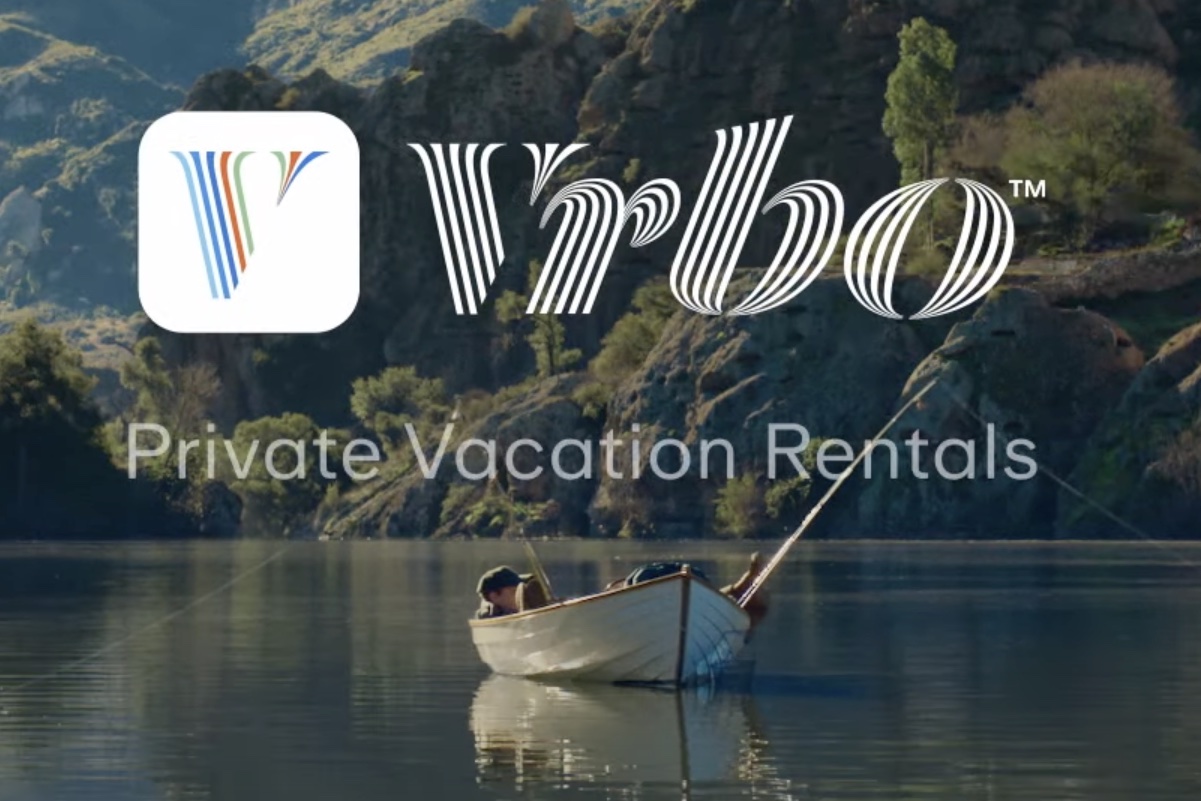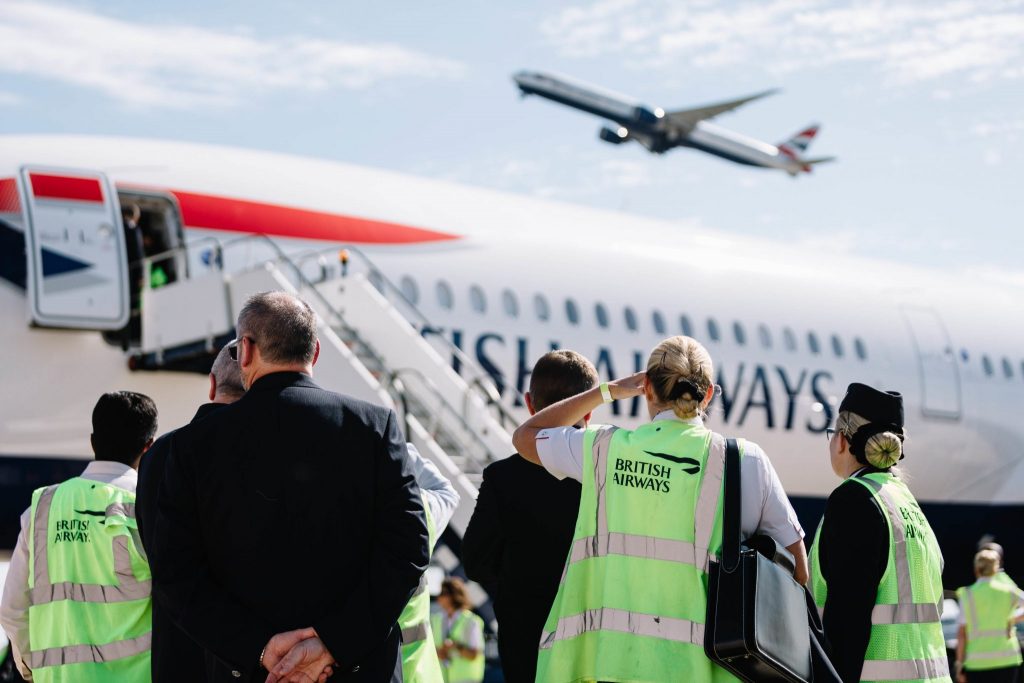New Field & Stream Hotel Brand Backed by Starwood Wagers on Outdoor Travel Growth

Skift Take
Starwood Capital, a real estate investment firm run by Barry Sternlicht — who has scaled up high-end brands W Hotels, St. Regis Hotels, 1 Hotels, Treehouse Hotels, and Baccarat Hotels — said it would help launch a limited-service hotel brand focused on the outdoor sector. Enter the iconic media brand Field & Stream, founded in 1895.
The move underscores how even luxury brand experts find there are more opportunities to grow in the lower end of the hotel chain scale than the upper reaches.
Starwood Capital and AJ Capital, the real estate investor and manager behind university-themed Graduate Hotels, said on Tuesday they were launching Field & Stream Lodge Company, a "modern and affordable lifestyle lodging brand" that will use the brand name of a chain of outdoor recreation stores.
The firms created a 10-year F&S Hotel Fund 1 late last year, targeting $300 million to acquire and develop properties, according to a prospectus for investors a source shared with Skift.
The firms' prospectus said they would convert or build "30 to 40" hotels with about 4,000 rooms in the U.S. by 2030, though today their press release said "20 to 25 hotels," perhaps suggesting less investor interest than expected. Each property will typically be 120 rooms, and some rooms will have bunk beds. The pet-friendly properties will have parking lots with electric generators for recreational vehicles.
Starwood and AJ assume there's a segment of outdoor enthusiasts willing to pay more for design-forward properties whose branding promises a consistent delivery of modern conveniences.
The prospectus suggested that the brand might enjoy an average daily rate of $191 — perhaps roughly $30 above the average for the comparable product in top markets. This niche play would compete mostly against mom-and-pop motels, limited-service branded hotels, and recreational vehicle campsites. In some spots, demand might exceed supply, or the existing lodging has outdated amenities.
Risks
The prospectus said the fund would strive to deliver a net return of approximately 16 to 18 percent. A long-time hotel investor commented that the estimated return range is higher than what's typical for a select-service hotel, likely as a reward tied to the higher risks around whether the new brand will generate enough net operating income while containing capital expenses and financing costs.
One can imagine a few risks. Keeping costs in check may be critical because outdoor enthusiasts tend to be penny pinchers. A related cost risk might be insurance, as the climate crisis leads to more extreme weather, which could create surprises.
In hotels, the sweet spot for margins is to run either a 1,000-room hotel where you can charge $100 a night reliably thanks to conventions or the 100-room hotel where you can charge $1,000 a night.
Limited service isn't usually the highest-margin game. It's more about long-term cash flow through maximizing occupancy. So you want a big brand's loyalty program to drive overnight roadside travelers to your 100-room roadside attraction. Field & Stream Lodge won't have a big loyalty program to drive demand.
Starwood and AJ hinted in their prospectus that they might work with Dick's Sporting Goods, owner of the Field & Stream brand, to learn from its customer demographic. Such information could inform where the firms place properties and how they market them.
The investors believe they have an opportunity to keep costs low right now because many plots of land in its target markets cost in the low single-digit millions right now. These may be out of reach for many mom-and-pop buyers because of interest rate uncertainty this year. That might help keep the typical cost to build ground-up a new property to about $20 million each.
Getting the branding right may be another risk. While a staggering number of families fish, hunt, or pursue other outdoor activities, nature enthusiasts haven't previously shown a desire for "fancy" amenities. Can you bring "class" to the "masses" when the masses are engaged in an activity aimed to escape from the class-based rat race? In short, Field & Stream's focus-grouping for both status-conscious adventure dilettantes and cost-conscious families better be sharp.
The new brand will not offer food other than in a vending machine, denying it a chance to appeal to kids with a breakfast gimmick such as a waffle maker.
Signs and landscaping will be critical, similar to how the budget chain La Quinta glossed up its entrances to get its guests to pay an extra, say, $30 a night compared to rival places to stay.
The seasonal swings in demand at these destinations could complicate hiring at the new brand, too. Scattering the brand properties nationwide, rather than growing up in a regional hub-and-spoke model, risks cost hikes in terms of efficiently warehousing furniture and decor.
Rivals
Besides Airbnb, Vrbo, and Vacasa in the vacation home market, other brands have attempted to become the Aloft or Ibis of the outdoors.
Loge is a startup whose motel-like lodgings have an outdoors and adventure sports theme, but it has only disclosed raising about $15 million in Series A funding.
Salt Lake City’s new Evo Hotel aims to be an “adventure hotel” that's about more than gear storage boxes or proximity to natural splendor by adding art and activities such as on-site rock climbing.
Three Basecamp Hotels in the southwestern U.S. have attempted to create a more consistent, hipper experience for fans of the outdoors.
AutoCamp has built an outdoor brand of well-maintained recreational vehicles, typically Airstreams, at campsites filled with amenities such as hot coffee stations. It also has a newer sub-brand, Field Station, that offers a traditional lodging experience but with plusher amenities and services.
Getaway, a startup offering tiny cabins in the woods, is one where Starwood has roughly a third stake (and where the investment firm Certares holds a similarly sized chunk). But its tiny cabins are an ultra-niche product aimed more at modern-day yuppies than families.
Bringing Class to the Masses?
Starwood Capital has played in the lower end of the hotel brand market before with InTown Suites, a budget extended stay brand, which it bought in 2012 for $735 million. Over a decade, it has claimed privately to have roughly doubled that brand's annualized earnings before interest, taxes, depreciation, and amortization to about $200 million a year through redesigns and a changed marketing campaign. Last year Starwood essentially sold the portfolio of about 200 hotels with about 25,000 keys for about $1.2 billion.
The firms will seek locations mainly where outdoor enthusiasts gather year-round, such as spots near lakes in the summer and mountains in the winter — while also being within a few hours' drive of metropolitan hubs. A case in point: Starwood owns real estate at Mammoth Mountain, a ski resort in southern California, and may buy inns in or near there to convert to Field & Stream Lodges.
Starwood has a pattern of creating products it sells to others, most famously in selling its Starwood portfolio to Marriott for $13 billion.
So what might the exit for Field & Stream Lodge be if it becomes a thriving brand? One target is a hotel real-estate investment trust, such as the Aimbridges and Highgates of the world, who have skill at managing properties might be one kind of buyer of the portfolio in full. Another possible future buyer would be a foreign institution that likes steady cash flow in the U.S. market.





